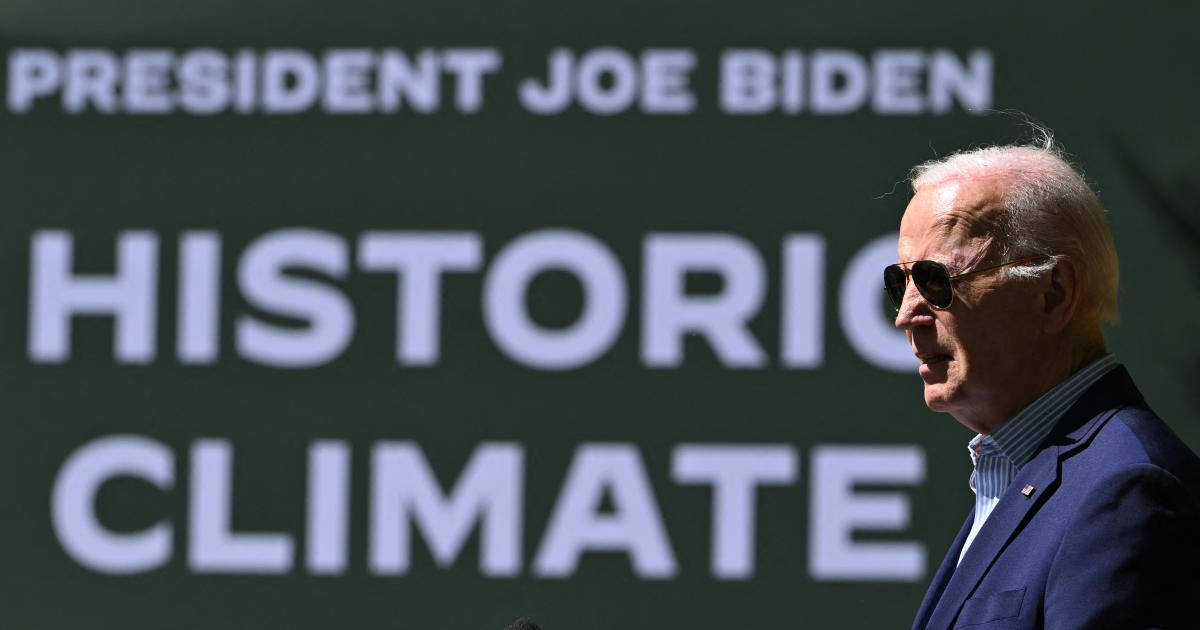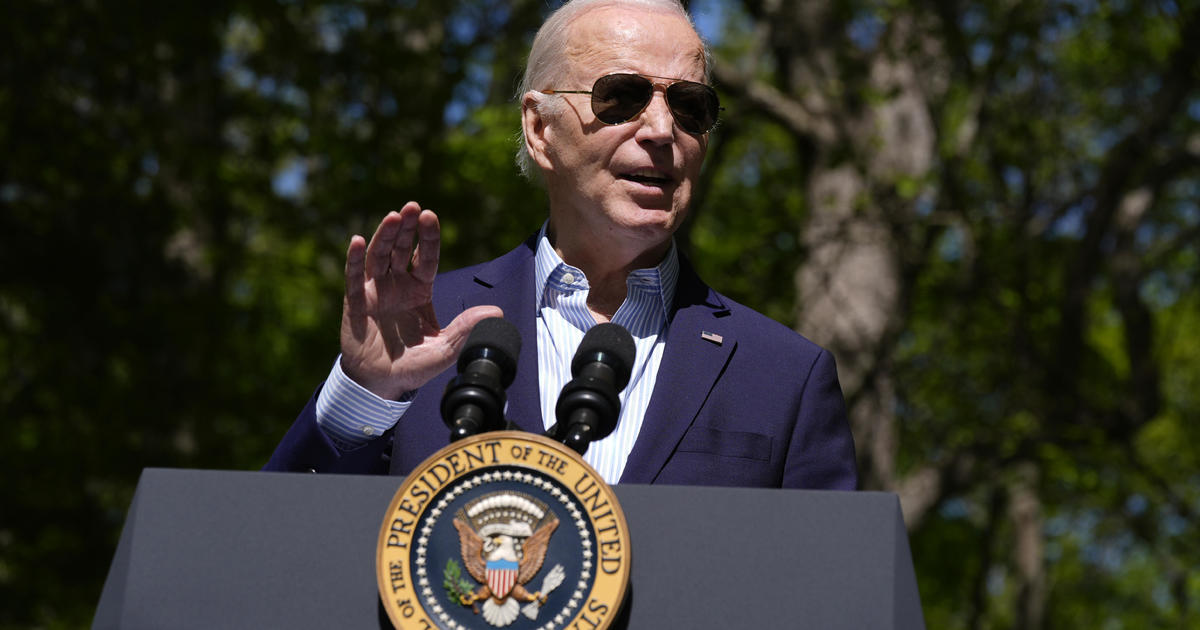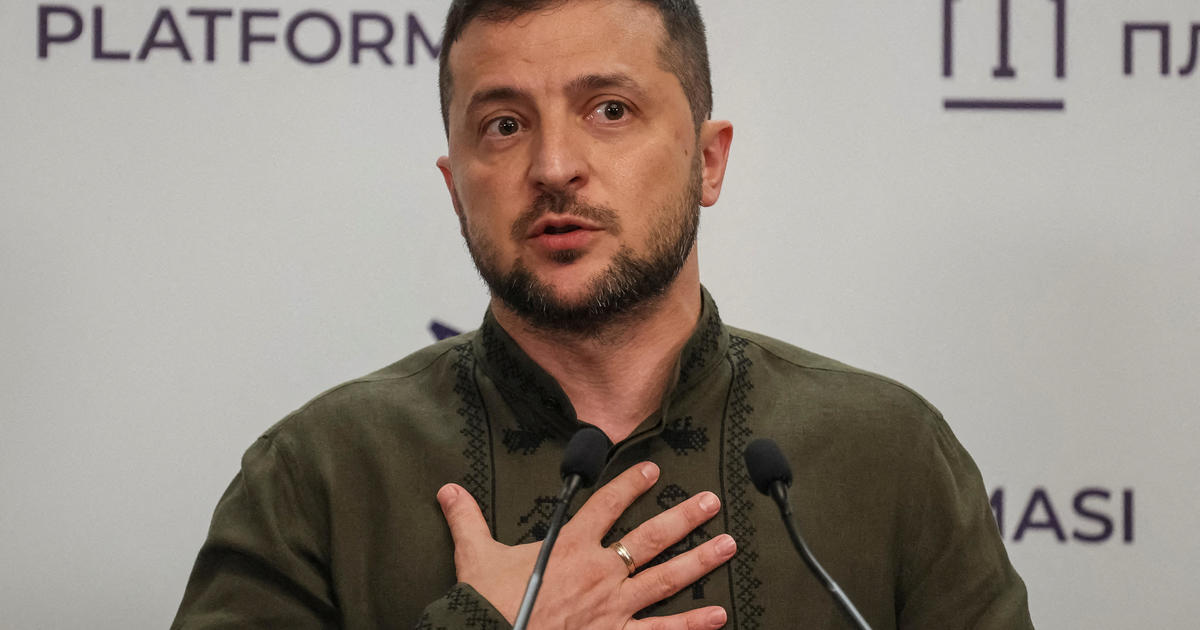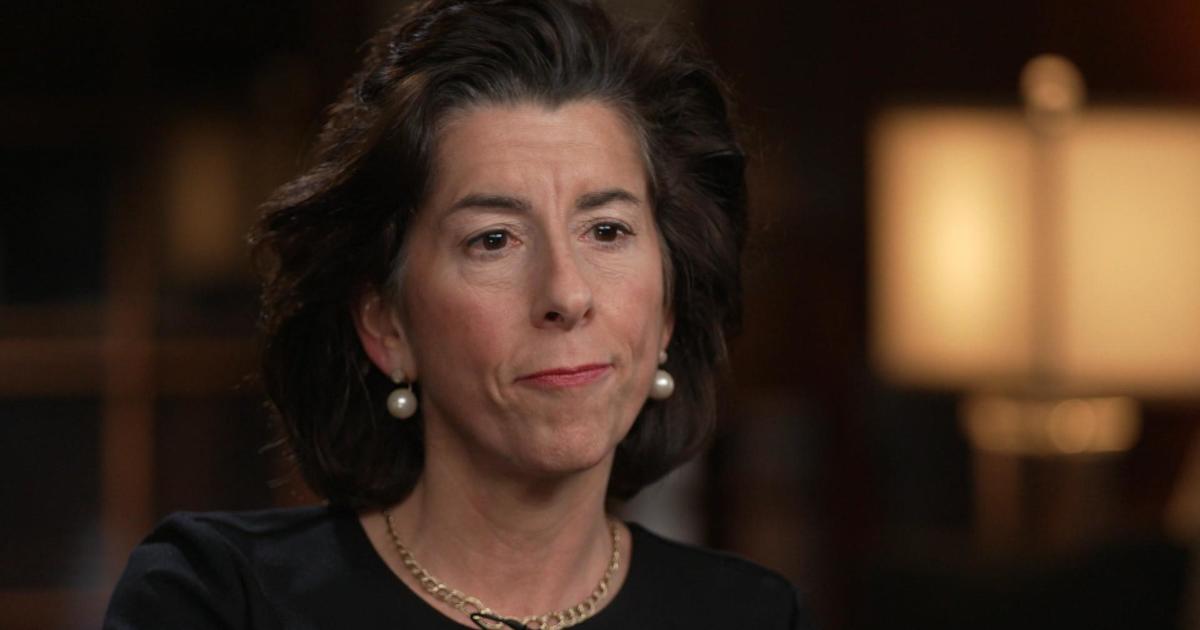Biden's new criminal justice plan counteracts old anti-crime efforts he boosted
Decades removed from the nascency of the "tough on crime" political era, elements of the 1980s and 1990s laws once championed by former Vice President Joe Biden are now being addressed in his new criminal justice plan.
The 10-page plan was released on Tuesday — weeks after Biden told a crowd in Sumter, South Carolina that the sweeping 1994 crime bill he spearheaded was "another part of my long record that is being grossly misrepresented."
Some effects of that legislation and other anti-crime laws of the time are considered the nexus of the ills that now plague the American justice system, criticism which has been slowly circling Biden's third campaign for the presidency via critiques by both his Democratic rivals and President Donald Trump.
Overall, the Brennan Center for Justice states the 1994 crime bill aided in quelling crime while raising mass incarceration.
"It worked in some areas but it failed in others," Biden said standing by some parts of the legislation like the early version of Violence Against Women Act and banning assault weapons, but added, "Like every major change you go back and make it better."
If elected next year, Biden plans to do exactly that and essentially counteract laws he once supported.
A Biden Administration would aim to eliminate mandatory minimum sentencing for drug offenses, a provision Biden supported by cosponsoring the Comprehensive Crime Control Act of 1984, and also end how federal charges for crack and powder cocaine are distributed, a delineation Biden also supported via the 1986 Anti-Drug Abuse Act.
At the federal level, Biden hopes to do away with the death penalty, which was expanded under the former Senate Judiciary Chairman's 1994 crime bill, according to the Brennan Center. Federal executions are very rare, as most take place at the state level. The Trump Administration has nonetheless pushed for more federal death sentences, the AP writes.
A "three strikes" rule, which increased life-sentences for habitual offenders as a major pillar of the 1994 bill, was nixed by bipartisan legislation crafted with help of the Trump Administration last year.
Notable in this Democratic primary is the overwhelming support for marijuana legalization, a stance where Biden diverges from his rivals as he advocates in the plan for cannabis decriminalization and the expungement of all prior marijuana use convictions. A senior campaign official explained that Biden believes "we need more research to study the positive and negative impacts of cannabis use."
Biden will also "continue the tradition" of using clemency power, as President Barack Obama did much more than his predecessors, for certain non-violent drug related crimes, according to the campaign official.
The "Biden Plan for Strengthening America's Commitment to Justice" reiterates his prior position of ending the use of private prisons on a federal level and eliminating almost all uses of solitary confinement.
New in this plan is a $20 billion investment in a grant program for states, counties and cities to "receive funding to invest in efforts proven to reduce crime and incarceration." One of the preconditions for the program is these localities would also have to eliminate mandatory minimums for non-violent crimes.
Biden, a former public defender, also wants the Department of Justice "to address systemic misconduct in police departments and prosecutors' offices" by putting more requirements on consent decrees, for instance. Additionally, the creation of a task force outside of the DOJ would examine discrimination throughout the justice system.
A $1 billion dollar investment earmarked for "juvenile justice" has been touted by the campaign as an element Biden officials believe separates his plan from his Democratic rivals. This investment tackles care and services of juvenile offenders on the state level.




